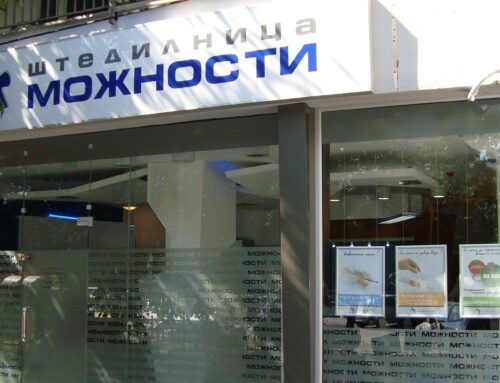
Patrick Gitton, IMF Representative in Macedonia, discusses the IMF’s support for Macedonia’s economic stability and development.
European Times: What is the history of Macedonia’s relations with the IMF?
Patrick Gitton: Macedonia joined the IMF and the World Bank in the early 1990s and the IMF has had a permanent representative here since 1995. We are currently in a post-program monitoring phase, which means that since Macedonia received funding from the IMF above a certain threshold in 2011, the authorities and the IMF are working together to determine whether Macedonia’s macroeconomic policies are consistent with the country’s external viability and its capacity to repay the loan. The IMF publishes two reports per year on the Macedonian economy.
European Times: What are your main tasks?
Patrick Gitton: I serve as a liaison between the IMF and local stakeholders to ensure a good exchange of information and understanding on both sides. The IMF provides loans to help tackle balance of payments problems (which we last did in 2011), macroeconomic advice and technical support to Macedonia. Our technical support concerns for instance tax administration, public-sector financial management, debt management, stress testing for banks, macro-modelling and projections, and advice concerning the regulatory environment. We work particularly closely with the Central Bank and the Ministry of Finance. Our ultimate long-term goal is Macedonia’s economic growth and prosperity.
European Times: What are some recent success stories?
Patrick Gitton: Macedonia managed to survive the global crisis better than some other countries and has considerably improved its management of public-sector debt as well as its regulatory environment for the financial sector. Over the past two to three years the IMF has advocated an updated medium-term fiscal strategy for Macedonia, and in 2013 the government clearly moved forward on formulating such a strategy. This is a very positive development. Macedonia’s macroeconomic environment is improving and we are expecting stronger growth in 2014. We also predict a rise in exports thanks to new FDI, especially multinationals in free-trade zones. We would like to see better integration of local companies with foreign ones in the supply chain. A main challenge is for Macedonia’s authorities to ensure fiscal consolidation and to control public-sector spending and debt levels.
European Times: What is your personal message to potential investors?
Patrick Gitton: Macedonia is a small country with great assets. Its people are very open to the outside world and speak English very well; it has significant natural resources; and it has many sectors with growth potential, including agribusiness and tourism.




